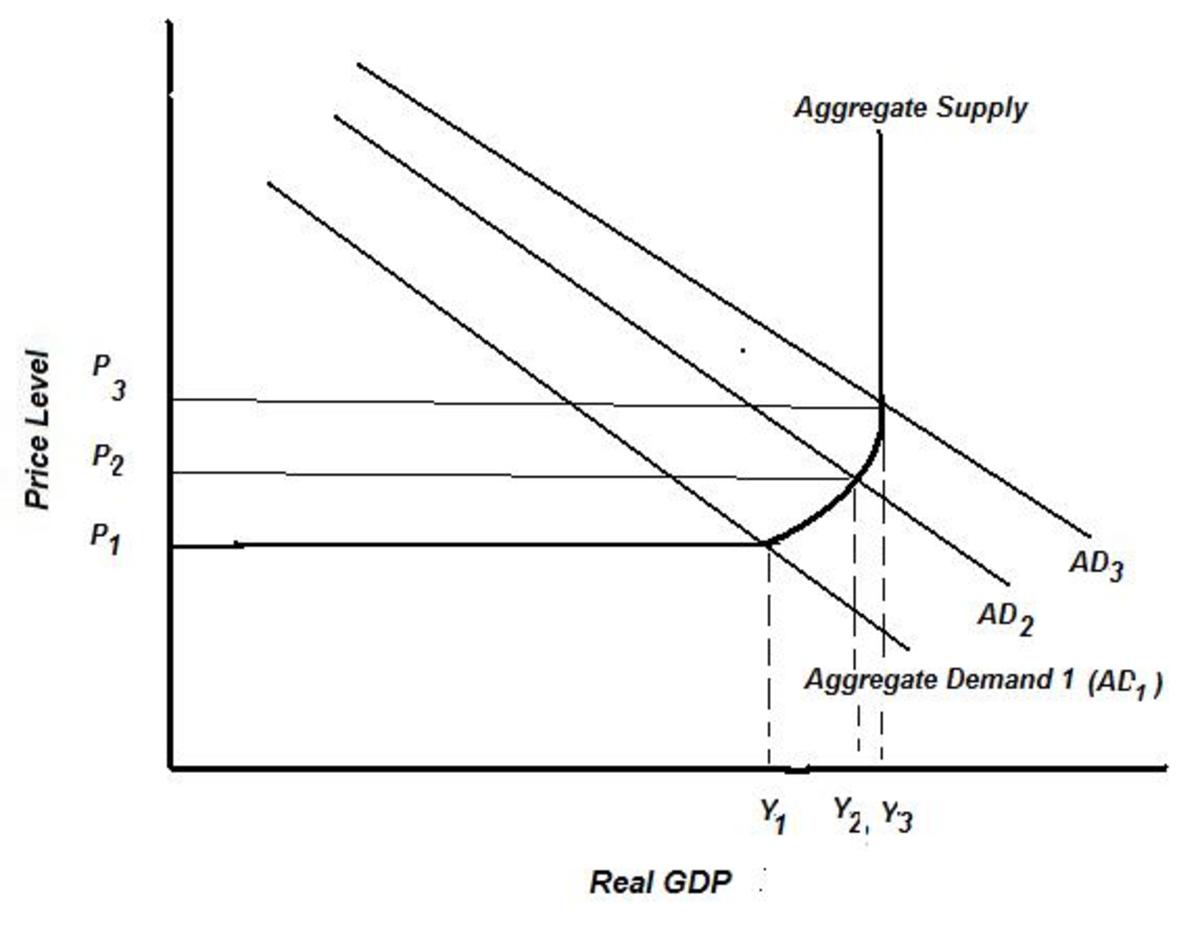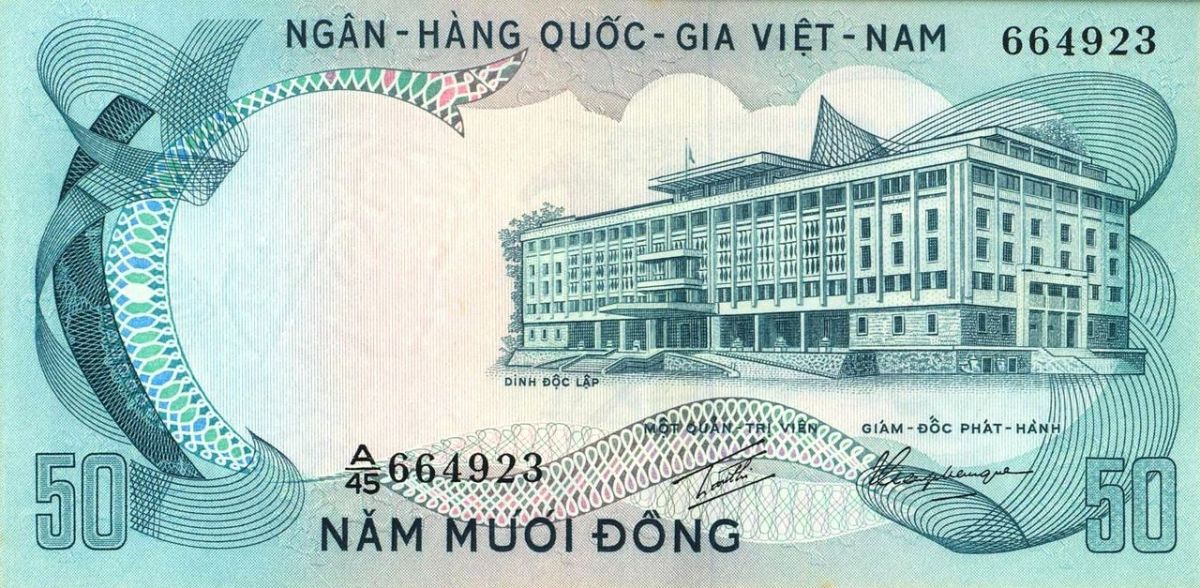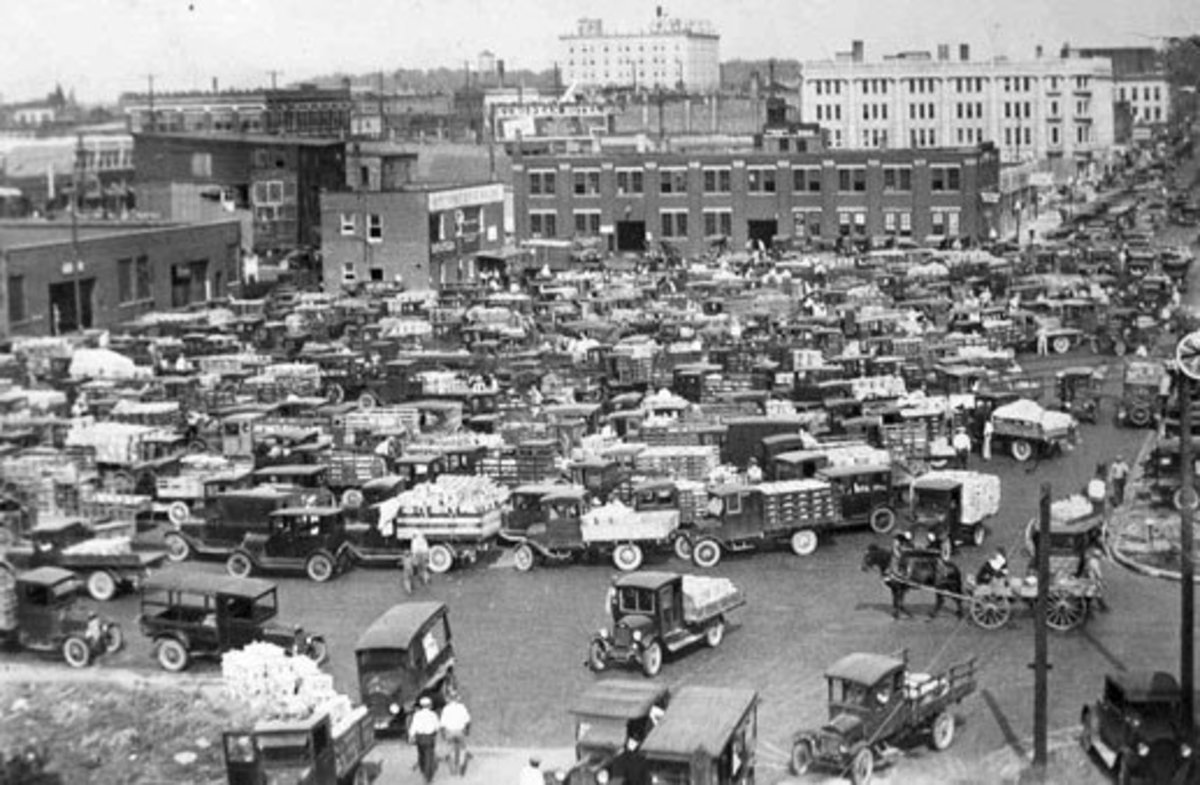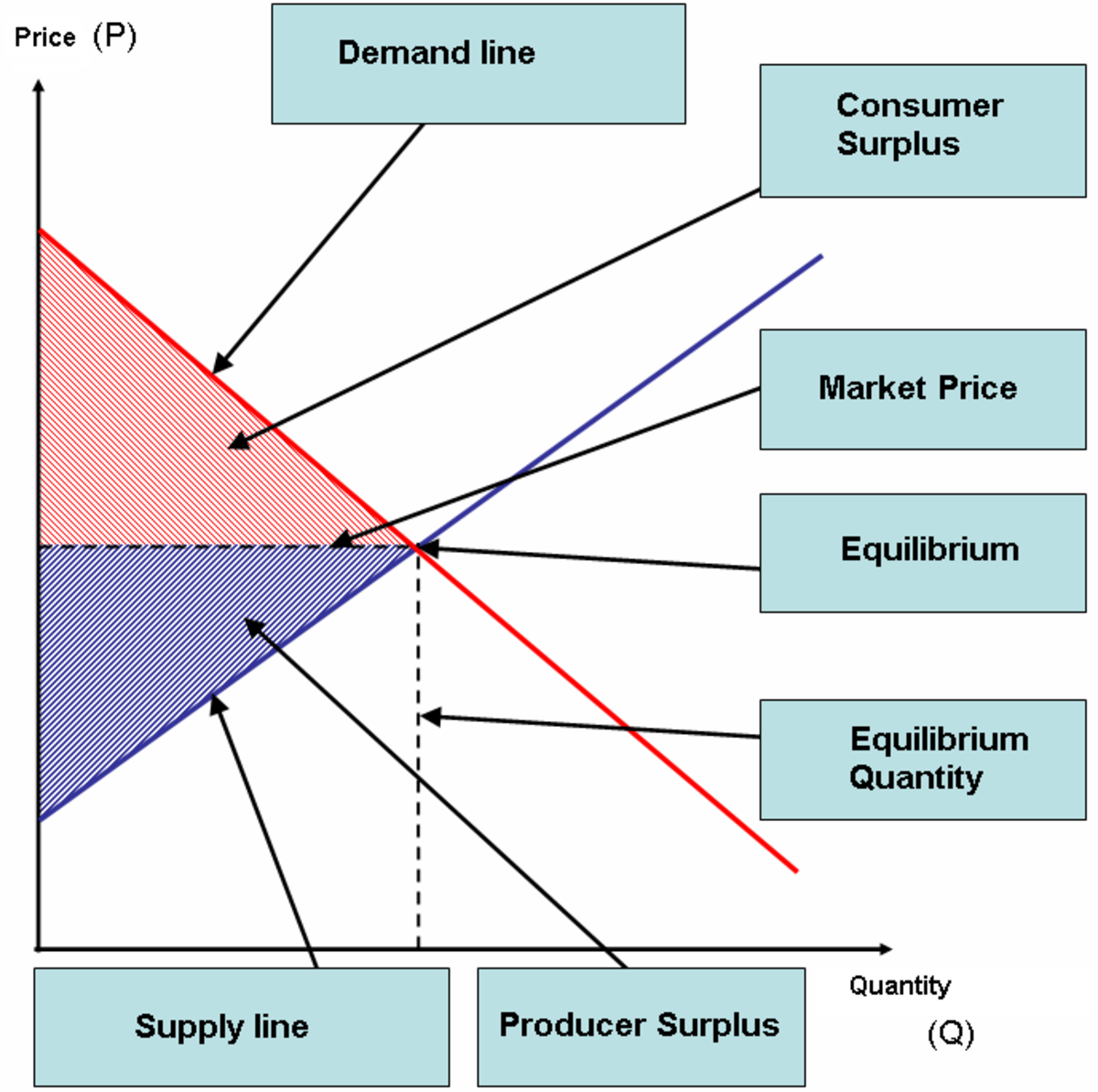Deflation: Is It Really That Bad?
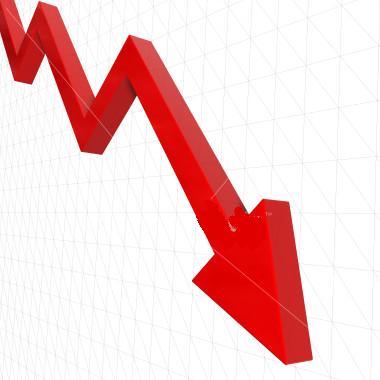
What’s so bad about deflation? For some odd reason, the government paints this picture that deflation is a bad thing and just like inflation it has to somehow be avoided. In fact, “big gov” wants the American people to believe that their in business to do away with inflation, but much of what comprise of their business model doesn’t have any thing to do with fighting inflation. On the contrary, a lot of this business model is based around getting rid of deflation. But why? Deflation doesn’t have anything to do with a troubled economy and the very idea that interest rates should be lowered to induce spending is a “big gov”—aka, central banker’s fallacy. What’s deflation? In economics, deflation is a decrease in the general price level of goods and services. Deflation occurs when the annual inflation rate falls below zero percent (a negative inflation rate), resulting in an increase in the real value of money—thus allowing one to buy more goods with the same amount of money; sounds like deflation is consumer’s best friend.
Anyways, whose side is the Fed on anyway? The answer to that question, in today’s kamikaze economy, should be a no-brainer. During our recent economic engine’s breakdown, the Federal Reserve Chairman, Ben Bernanke, suggested everything under the sun that the Fed could use to get consumers to "spend again":
Bernanke argued that even if the Fed cut interest rates all the way to zero—then an almost unimaginable event—it wasn’t out of ammunition. Obviously, it couldn’t cut the price of borrowing below zero, but it could increase the supply of credit by simply pumping money into the economy. The government might, he suggested, cut taxes, increase the federal deficit, and issue bonds that the Fed would buy by printing money (David Wessel:In Fed We Trust).
The Fed justified all this for the sake of getting our engine moving again, when a mild deflationary environment would have put our engine in much needed cool-down mode. This said, deflation isn’t anything but a hot advanced economic engine in a cooling off period; which will always have a place in the natural flow of the free market enterprise system. Again, what’s so bad about this concept? The Japanese economy has been in a deflationary period for much of the decade of the 90s and although the yen is weak today, it doesn’t mean it’ll be weak tomorrow. The natural appreciation of a currency should be done by the forces of the marketplace and not by government anyways; which is why it behooves conventional wisdom to not try and force monies into an economy that doesn’t want it. Also, say what you want about the “debt-ridden” Japanese economy, but the Japanese know how to “bunker down” and save. And even though Mother Nature has dealt a major blow to its economy, the law of rational economics says, “that a penny pinching populace will always have a very bright economic future.” What’s better for long-term economic growth “penny pinchers” or “spend thrifts?” The Japanese people know that if everyone’s careful with their spending today, that, down the line, their children and children’s children will be okay.

